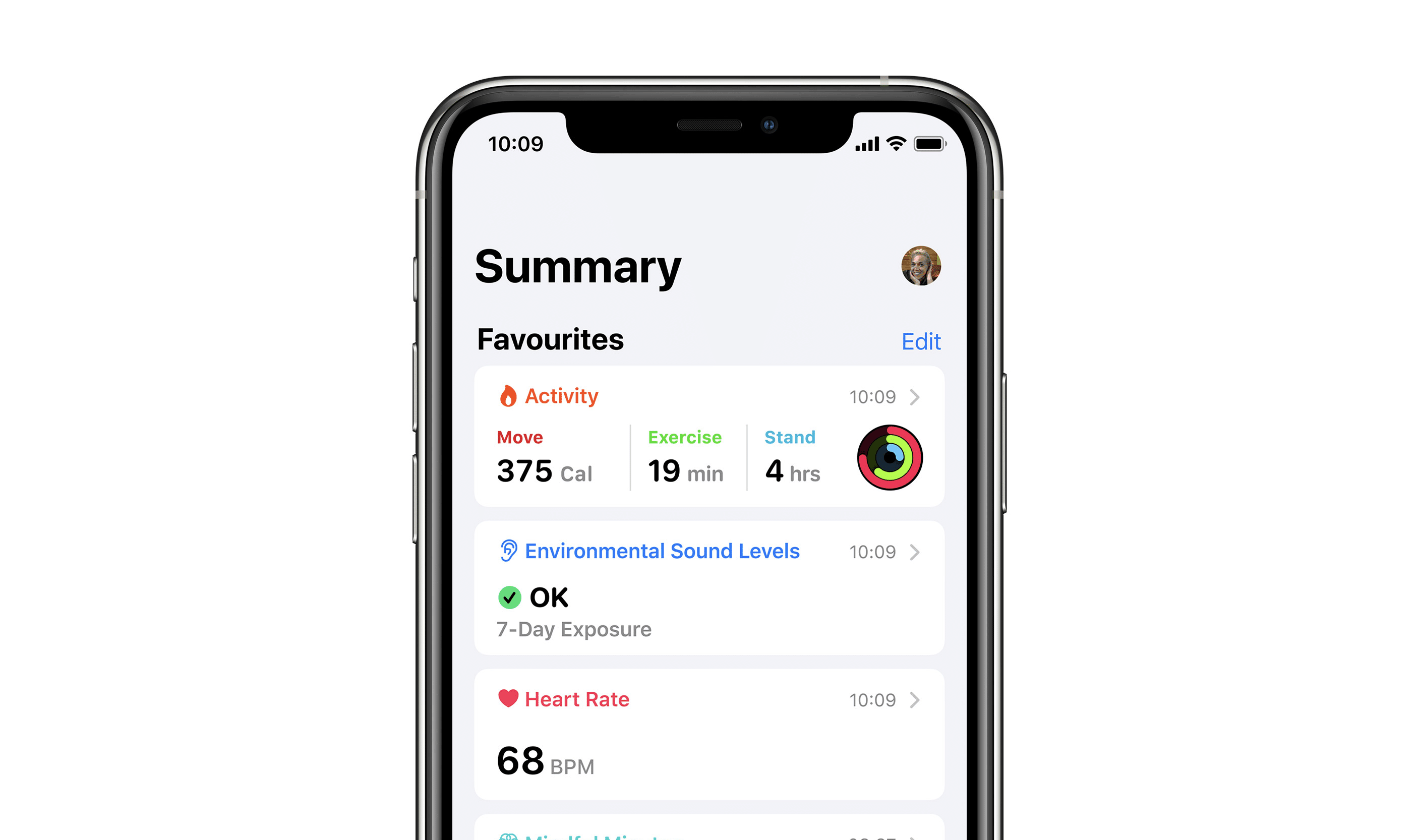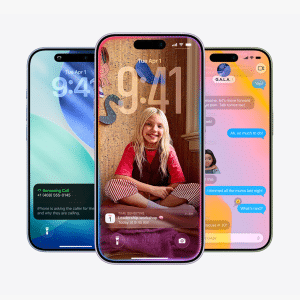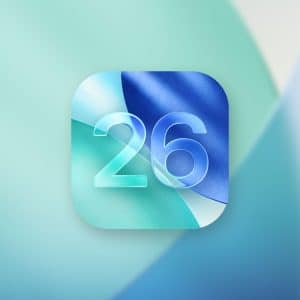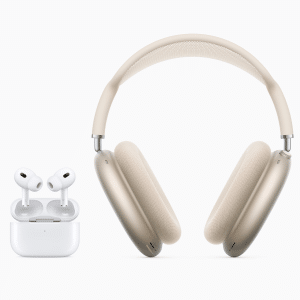Apple today is the world’s biggest innovator in fitness and movement, but that’s not to say that the Cupertino firm is unbeatable.
Constant evolution is changing the way we work out, and a lot of that has to do with making exercise experiences more enjoyable.
We always talk about technology breaking down barriers, and companies are trying to make that happen in the comfort of your own home.
Indeed, streaming gym classes are a growing trend; experts are selling their time and allowing users to train from their living rooms when it suits them.
Fitness gamification is perhaps one of the most exciting trends in the industry, combining VR games to build imaginary worlds and drive motivation workout after workout, with storylines that could soon be as immersive as the world’s most popular franchises like Call of Duty and Fortnite.
With Apple launching Apple Arcade earlier in the year, could the company combine its gaming and fitness arms and allow users to work out by playing as characters they know and love?
Customization is also key to the future of digital fitness.
Cookie-cutter exercise regimes are no longer enough – users want bespoke workouts and tailored programs, and whilst we’re well on our way with the artificial intelligence workout apps released today, companies are taking it to the next level with DNA testing for personalized body profiling, whilst highly-personal training programs such as Equinox Tier X, a “lifestyle management program with a uniquely holistic approach to high-performance living.”
Such programs may be expensive and designed for the superrich just now, but as gyms innovate and technology companies bridge the gap, we’ll no doubt see truly personalized plans soon.
Indeed, by taking advantage of the data found on your iPhone and Apple Watch, fitness clubs can offer personalized recommendations that engage members – by sending messages, running offers, answering questions and providing updates, companies can create truly engaging experiences that can spark behavioral changes and help users get fit.
Of course, the key to these innovations is tracking.
Apple’s Health and Activity apps are now a major part of its success story, but we’ll increasingly need our devices to connect to other devices and service providers to offer them access to a 360-view of our health.
Being able to connect your health and activity data to an insurance provider or a doctor, for example, could help to manage long-term conditions such as diabetes or reduce health insurance premiums, and connecting our tracking to gym and diet apps can empower us to make better decisions.
With HealthKit, Apple is already well on its way to doing this – but gyms, insurance providers and healthcare facilities must take advantage of the APIs and build for the next generation.
Where do you see the future of health? Let us know @AppleMagazine and check back soon for more news.







